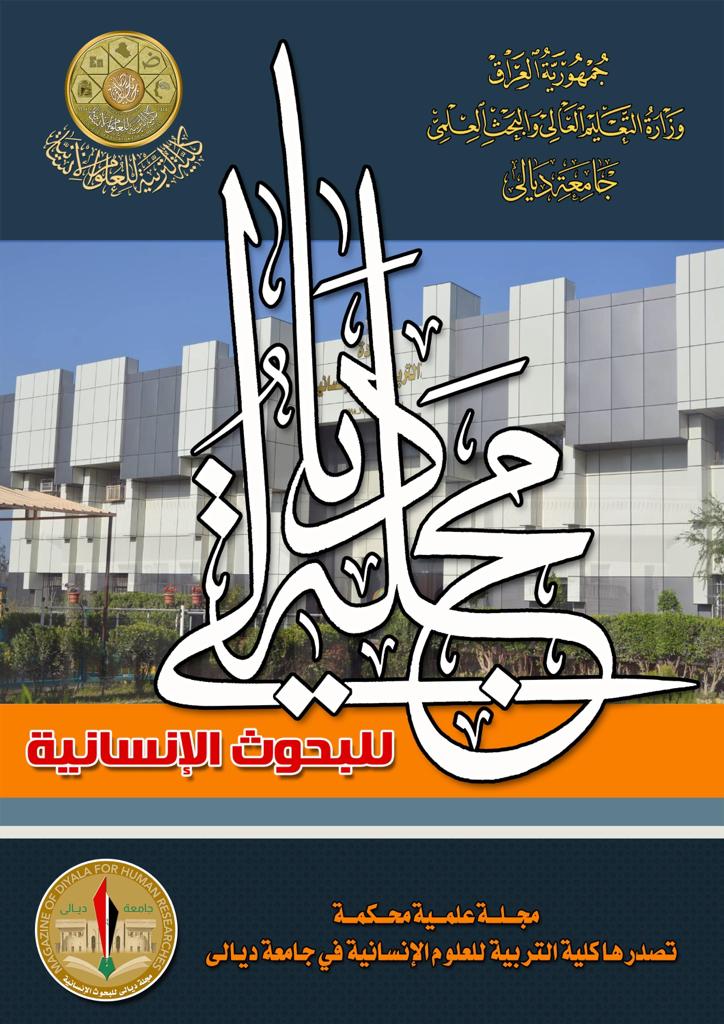Pragmatic Markers in English and Arabic Royal Statements - A Contrastive Research
العلامات البراغماتية باللغتين الإنجليزية والعربية البيانات الملكية - بحث مقارن
DOI:
https://doi.org/10.57592/djhr.v3i91.711Keywords:
Pragmatic Markers, Discourse, ContextAbstract
Pragmatic Markers, hence PMs, are a well-known issue of controversy in English and Arabic studies. Those particles perform different functions when employed, by native speakers and writers, in conversations on textual and interpersonal levels. However, they vary cross-linguistically, Arabic traditional grammarians studied those particles only on the sentential level and defined them as ‘‘words which only make sense when they are joined with others’’ (King, 1992: 260). Also, Ryding (2005: 407) states that Arabic sentences and clauses within text can be connected and interconnected by coordinate, subordinate and otherwise link them semantically and syntactically. While available English studies show features of what can be recognised as pragmatic markers such as: phonological reduction; semantic feature of no or little propositional meaning; optional syntactic position in initial, medial and final occurrences; poly-functionality; sociolinguistic feature of informal speeches and stylistically stigmatised.
This research is an attempt to study PMs in royal statements, by Queen Elizabeth’s statements as representative of English language and Queen Rania’s statements as representative of the Arabic language, adopting pragma-discoursal analysis with emphasis on the socio-cognitive perspective. It conducts quali-quanti analysis of PMs in both English and Arabic Royal statements.

